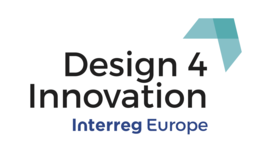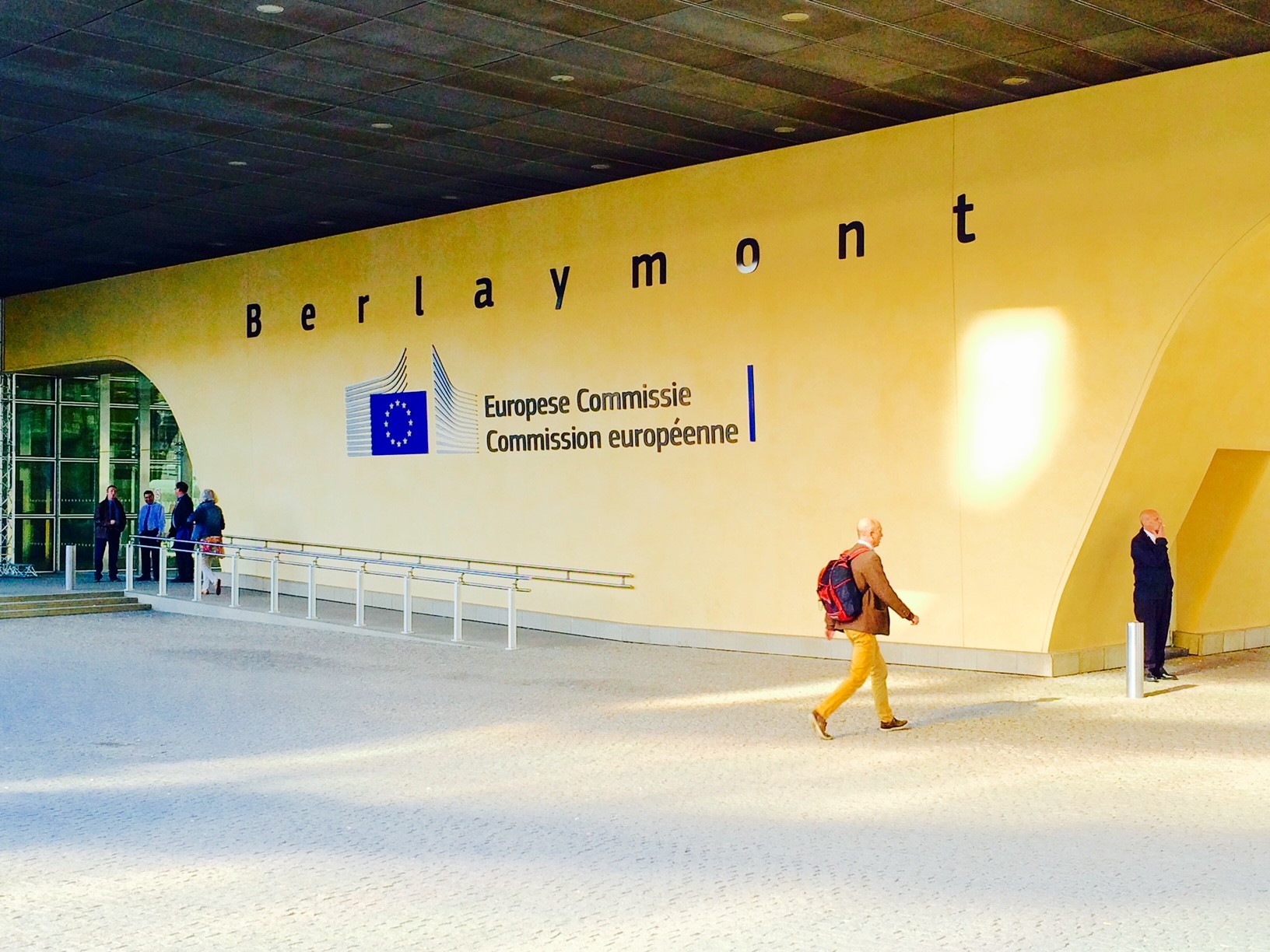Continued...
Scale-up
Average five-year survival rate of businesses in the UE amounts to around 50%, meaning that only half of newly established enterprises are successful after five years on the market. Although micro companies are crucial for the economy, it is the bigger companies that can significantly influence new technologies, services and job creation. This is why scaling-up support is important to help businesses grow, expand their offer and enter new markets.
Again, a number of non-financial support tools is available such as internationalization advice, trade missions, business mentoring, R&D consulting, technology transfer. Business growth happens through introduction of new products and services, innovating business models and sales channels, targeting new markets, franchise or mergers and acquisitions. These scenarios require a substantial investment. Capacity-boosting grants and R&D&I vouchers are popular form of financial support here. There is also whole array of instruments facilitating access to finance, like debt and equity financing instruments (venture capital, bank loans guarantees, microloans, loans and mezzanine financing). These financial services often include a dedicated adviser, who works with company to support their growth plans, from commercialisation to public listing.
Exit
When a business owner or an investor decides to cash out an investment made in the past, it is called the exit phase. This phase could be considered of less importance to public policy instruments; however, it does not have to mean the end of the business. Change of the owner/investor could be important to pursue the strategic direction of company. Therefore services facilitating acquisitions or public offering of stock are used at this stage.
Maturity
As the name suggests, within this phase a company is well established in the markets, has a well-known product, loyal customer base and some business growth. However, in order to avoid losing clients to competition and business decline, a continuous improvement is needed, especially in terms of innovation and entering new business segments. Academia and research centres play an important part in this. From a funding perspective, grants and vouchers are popular support instruments at this stage. They can take many forms, and support several fields, such as company reorganisation, investment in R&D&I, acquisition of knowledge intensive services, collaboration with research institutes, internationalisation/exports. However, there is a growing trend to move to repayable forms of financial support (i.e. loans), because a mature company should not depend on public grants.
Design is important and adds value at each stage of business. The sooner it is adapted at the level of strategy, the more likely company’s values, purpose, brand and offer will reflect needs and wants of the customers. Therefore right from the initial business consultation, the advisors should make the starting entrepreneur aware of the value of design. When it comes to financial tools, dedicated design vouchers and grants work well to help company develop new product or service, launch a new store or diversify into new markets through new product design and brand extension. Design is often included as an eligible cost in funding programmes, however the uptake of such support for design is low, as most of businesses are not aware of the opportunity. In this case, an active role of innovation advisors is recommended.
________________________________________________________________________________________________________
 Pedro Asti, MA student in European Studies at the University of Padua.
Pedro Asti, MA student in European Studies at the University of Padua.
Among other subjects, I am particularly interested in innovation within the public and private sectors.
I am a strong believer that creativity, critical thinking and imagination are crucial skills for modern society to prosper and advance, as well as keys to solve today's complex problems all over the word.









